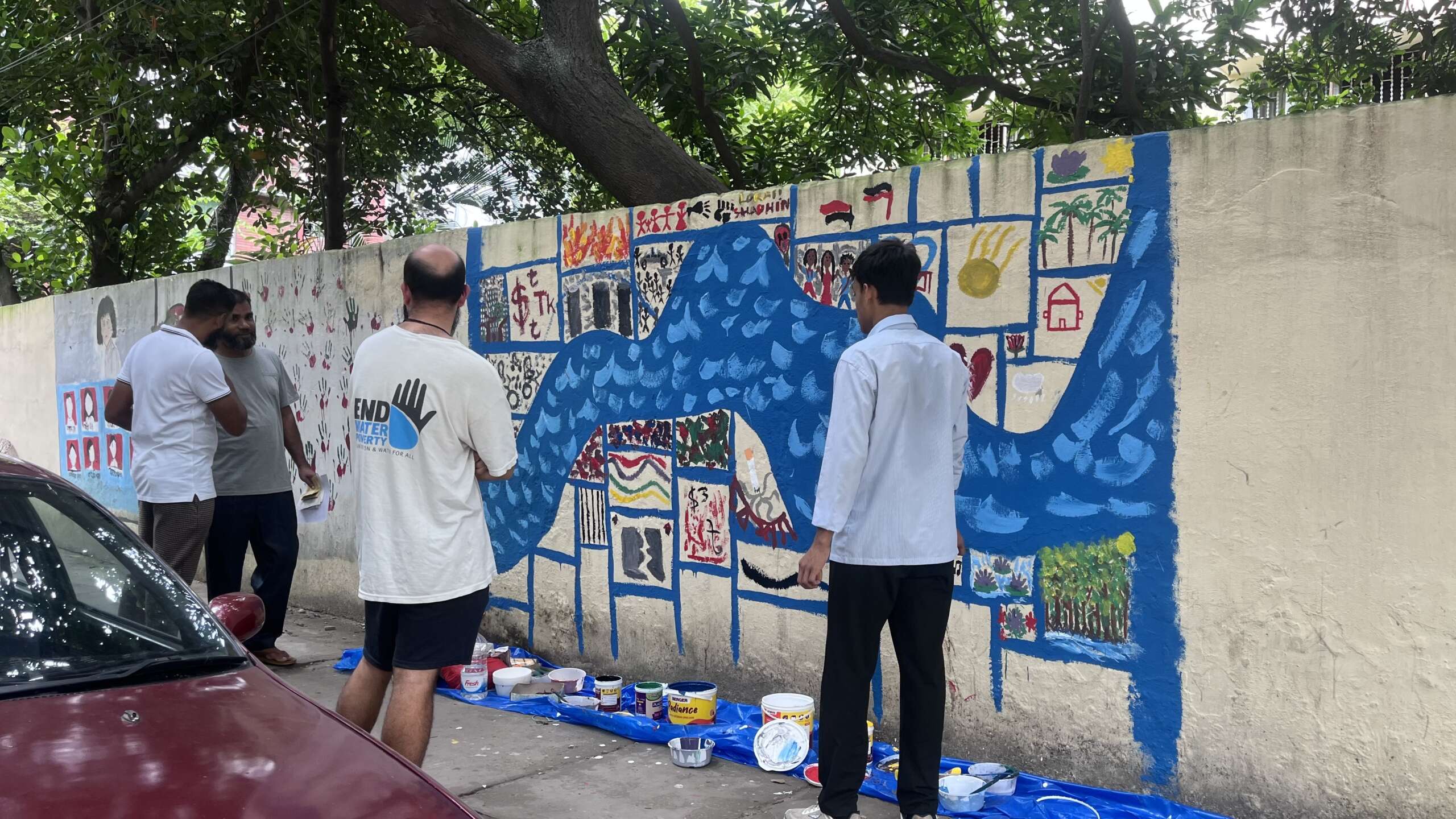
"During 2024's "Bloody July," hundreds of thousands of Bangladeshis rose up against corruption, class stratification, nepotism, and exploitation under former Prime Minister Sheikh Hasina and her party, the Awami League. Protests began on June 5, 2024, with small student demonstrations against preferential access to civil service jobs at a time when 30 percent of young people who aren't students or in job training programs are unemployed. Protests grew throughout July and August, incorporating the working and middle class."
"The state responded with violence. Thousands were injured and hundreds were killed. This was not new: Hasina's government covered up the 2013 Shapla Chattar (Water Lily) Massacre of opposition activists, and had disappeared untold numbers of dissenters in the Aynaghor, the Awami League's secret prisons and torture centers, for years. Hasina called 2024's student protesters "" (traitors to the state) to justify her reprisals."
"The state's violence emboldened resistance. Activists mobilized 214,000 protesters to face arrest, and hundreds of thousands more onto the streets, in a popular movement to overturn the dictatorship. Hasina fled the country and the dictatorship fell on August 5, 2024. Since that time, Bangladesh has been in flux. The dictatorship's fall created a power vacuum and right-wing forces have expanded. The diminishing hope has been compounded by low public political alignment"
Activists, artists, and neighbors in Dhaka painted a mural expressing fears, pains, and hopes since the uprisings that reshaped Bangladeshi politics. In June and July 2024, student protests over preferential civil service access expanded into mass demonstrations against corruption, class stratification, nepotism, and exploitation, fueled by high youth unemployment. The state responded with violent repression: thousands injured, hundreds killed, cover-ups of past massacres, enforced disappearances, and secret prisons. State violence intensified popular resistance, mobilizing hundreds of thousands and 214,000 to face arrest, ultimately forcing former Prime Minister Sheikh Hasina to flee and collapsing the dictatorship on August 5, 2024. The aftermath produced a power vacuum, rising right-wing forces, and diminishing public political alignment.
Read at Truthout
Unable to calculate read time
Collection
[
|
...
]